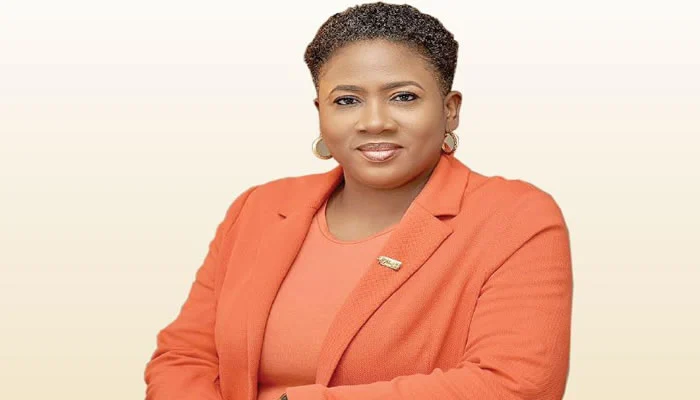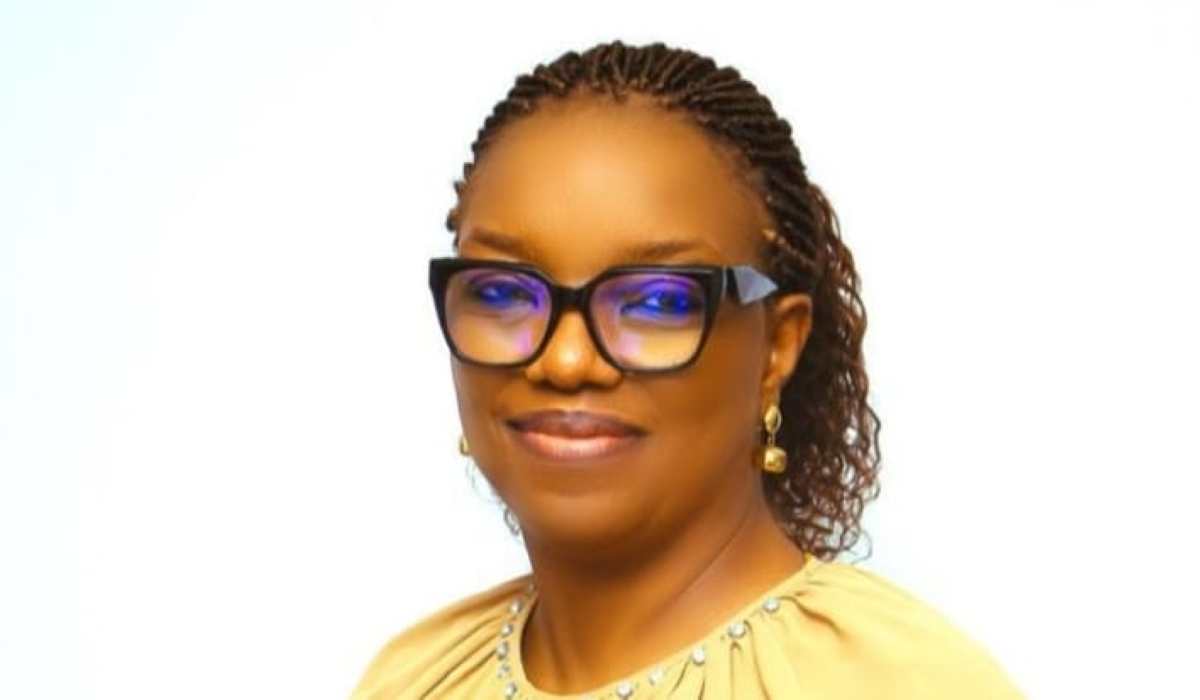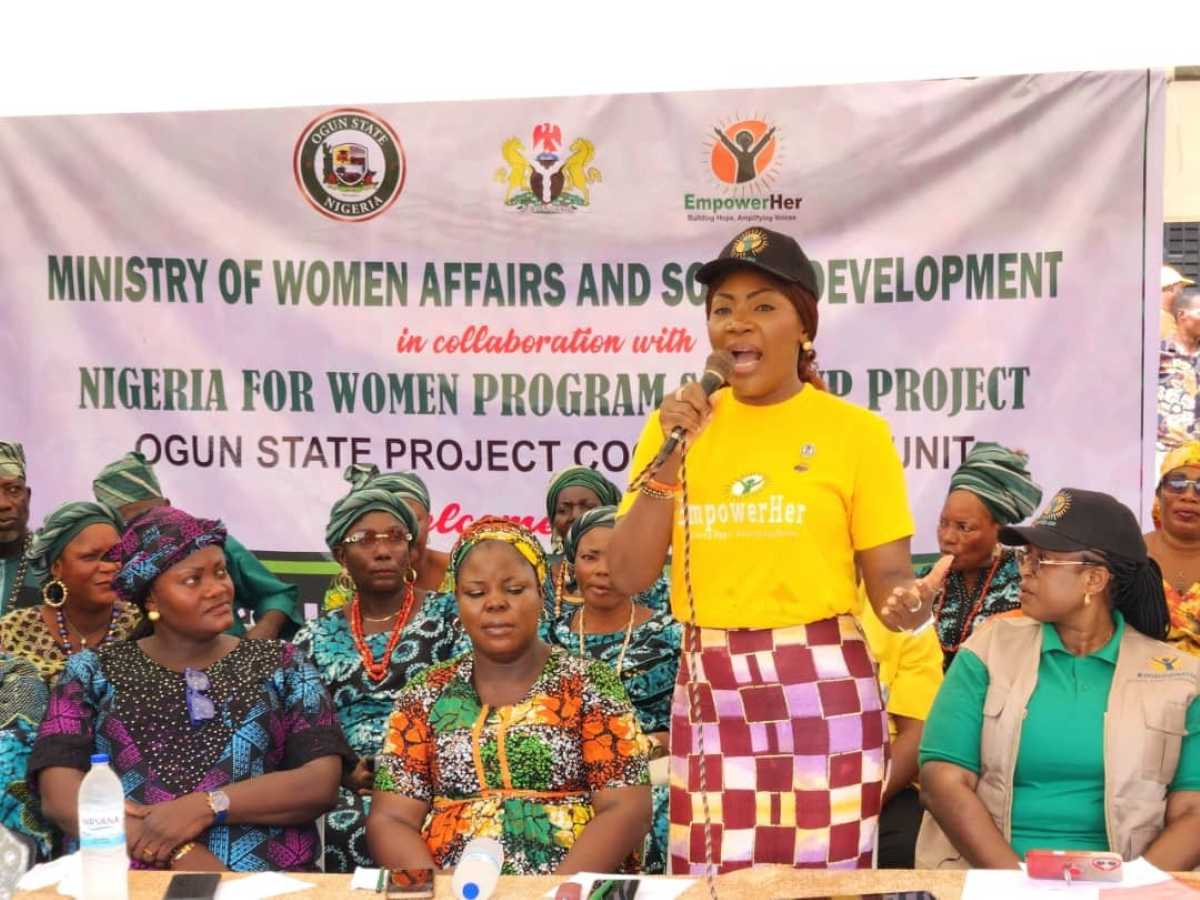The Australian Awards Alumni Association of Nigeria (AAAN) has renewed calls for a more inclusive approach to national development, emphasizing the urgent need to prioritize gender equity, local empowerment, and sustainable economic partnerships.
At a recent workshop in Lagos, the Southwest chapter of AAAN—comprising scholars, policy experts, and diplomats—highlighted education as a transformative tool essential for long-term national progress.
Under the theme Inclusive Empowerment, the event served as a platform for knowledge sharing and fostering deeper collaboration across sectors.
Dr. Olajumoke Akiode, Southwest Coordinator of AAAN, speaking on Prioritising Gender Inclusion and Women’s Empowerment for National Development, urged Nigeria to meaningfully include women and youth in all development initiatives.
“A bird does not fly with one wing,” Akiode said, stressing that gender inclusion must be embedded in policymaking rather than remain rhetoric.
“Sustainable development demands equal empowerment of men and women. Though progress has been made, it is slow. To accelerate change, we must collectively challenge exclusion wherever it exists—in politics, the workplace, and the economy.”
Participants also underscored the role of education not merely as academic pursuit but as a powerful driver of real-world impact.
Abiodun Okunola, National President of AAAN, led a session on 21st Century Strategies for Adapting and Succeeding in a Developing Economy, encouraging alumni to leverage their global experience to tackle Nigeria’s challenges.
“There is untapped potential in this room. We need to harness the strength of our alumni network, especially in sectors like agriculture. We must move beyond outdated subsidy models and focus on strategic, market-based support—helping the right farmers at the right time to ensure food security and curb inflation,” Okunola said.
The Australian High Commissioner to Nigeria, Leilani Bin-Juda, praised the contributions of the alumni and reiterated Australia’s commitment to strengthening bilateral relations with Nigeria through trade, education, and multilateral cooperation.
“Education transforms families, communities, and industries,” Bin-Juda said. “This partnership goes beyond scholarships; it fosters mutual growth.”
A proud representative of a remote Indigenous community in Queensland, Bin-Juda also advocated for greater female representation in leadership and governance.
“Women make up half the population, so why shouldn’t they have half the opportunities? Education is a long-term investment, transforming lives over years—that is its true power,” she added.






